International Monetary Fund
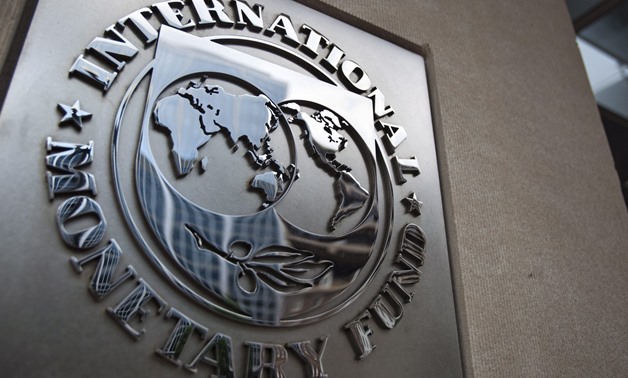
Globally, growth projections remain stable at 3.2 percent for 2024 and 3.3 percent for 2025
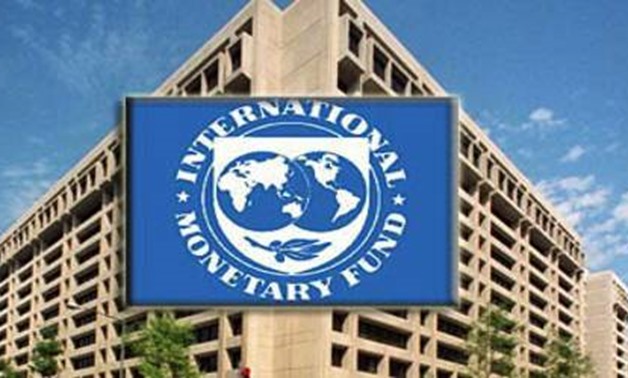
This postponement comes as a result of certain conditions that need to be met, as communicated by a government official in an interview with Asharq.

The Central Bank of Egypt (CBE) reported holding LE 1.883 trillion in foreign assets at the end of April, while commercial banks held LE 1.195 trillion
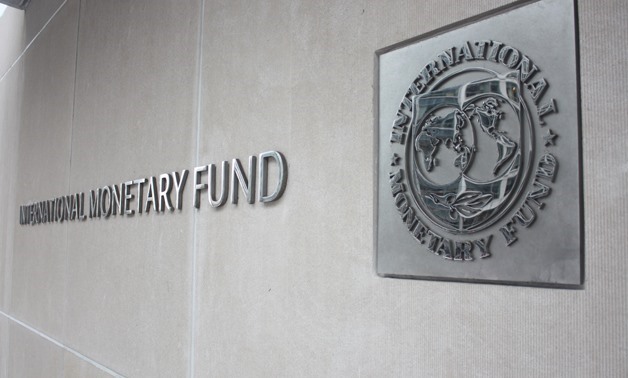
The IMF team has been in the Egyptian capital for the past two days to assess the country's progress under the loan agreement, the officials stated. The third review is expected to be completed on or after June 15, 2024, with the fourth review slated for on or after September 15

During the meeting, the two parties discussed cooperation mechanisms for environmental and climate policies. Fouad stressed that this meeting was a continuation of the bilateral discussions with the IMF to enhance coordination and cooperation frameworks for environmental and climate policies in Egypt.

The International Monetary Fund (IMF) has released its experts' report on Egypt's financing program, shedding light on the country's economic policies and financial commitments.

The newly launched “Global Collaborative Co-Financing Platform” aims to channel additional capital, broaden the scope and impact of development, mobilize funds for large-scale projects, and alleviate the burdens faced by beneficiary nations
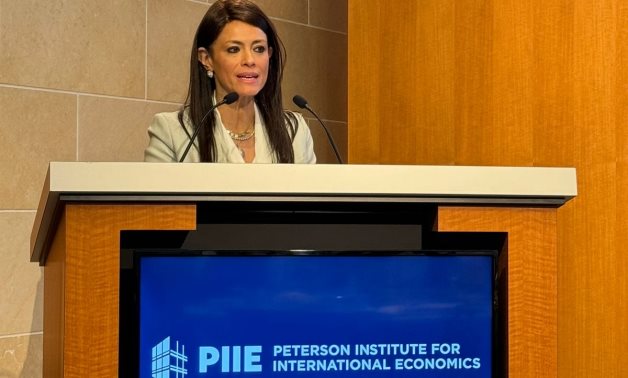
During her presentation, Minister Al-Mashat highlighted the distinction between short-term economic stability policies and long-term structural reforms
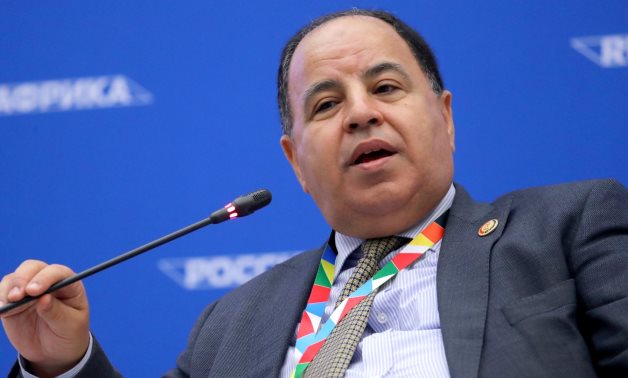
This strategy aims to extend the life of debt and minimize its burden and cost

Rania Al-Mashat, emphasized the crucial role of sustainable infrastructure in driving economic and social progress worldwide. However, she acknowledged the significant gap between the current global infrastructure needs and the projected spending by 2030, estimated at $15 trillion
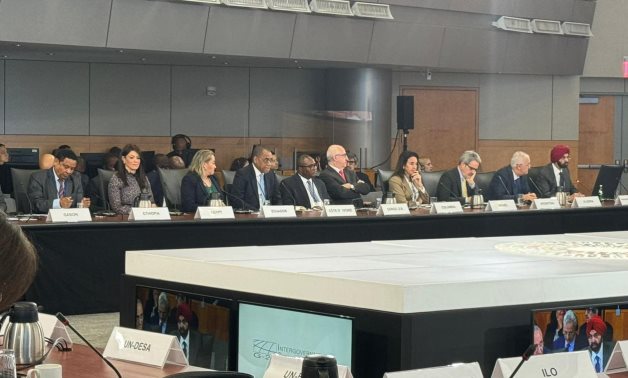
Al-Mashat called for a focus on supporting project structuring and bankability and addressed the G24 Governors
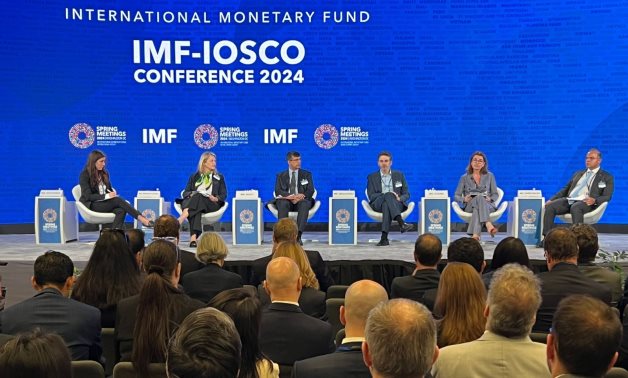
To stimulate liquidity and trading on both government and corporate bond markets, Farid called for increased transparency and disclosure, along with simplified and streamlined issuance procedures

The IMF stated during a press conference, Tuesday, as part of the World Economic Outlook report, that the Egyptian economy achieved a growth rate in gross domestic product (GDP) of 3.8 percent during 2023.

During the meeting, Minister Al Mashat expressed Egypt's gratitude for the ongoing cooperation with JICA, highlighting the alignment of visions and the commitment to strengthening joint efforts

Hollar also highlighted that the third review of Egypt's economic reform program is expected to be completed by the end of June. Following this review, a new loan tranche, with a maximum amount of $820 million, will be disbursed.

The purpose of this request is to strengthen Egypt's economy and ensure a sustainable infusion of foreign currency liquidity.

“Ensuring a flexible exchange rate system is one of the IMF’s prerequisites for the loan, and this is what the Central Bank of Egypt is focusing on,” Economic Expert Karim Nassar stated in an interview with Egypt Today.

Maait also stated that Egypt will obtain new $3 billion from the World Bank during the coming period pointing out that this amount is part of a total package worth $20 billion from several international partners

The IMF loan has been augmented and increased to $8 billion instead of $3 billion "due to significant macroeconomic challenges that have become more complex to manage with the impact of the recent conflict in Gaza on tourism and Suez Canal receipts," according to the IMF statement

Egypt will also receive soft loans from the World Bank and the European Union, according to the Prime Minister.
Most Read